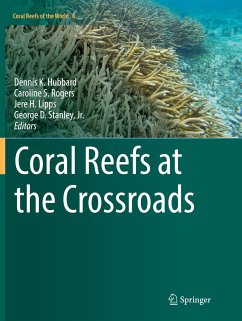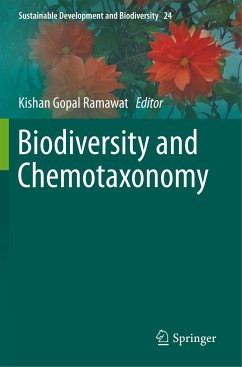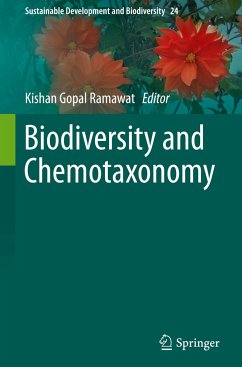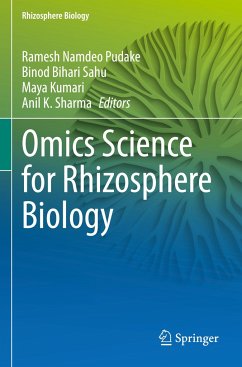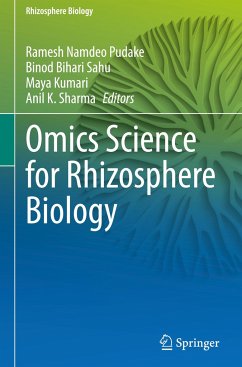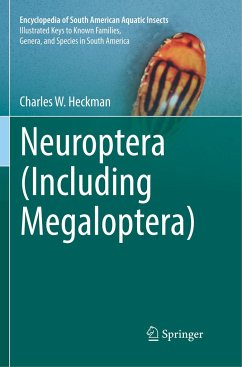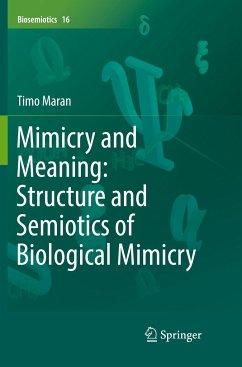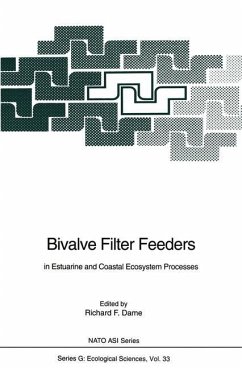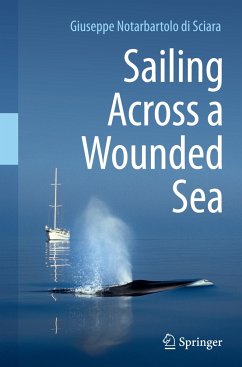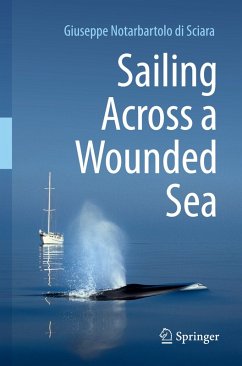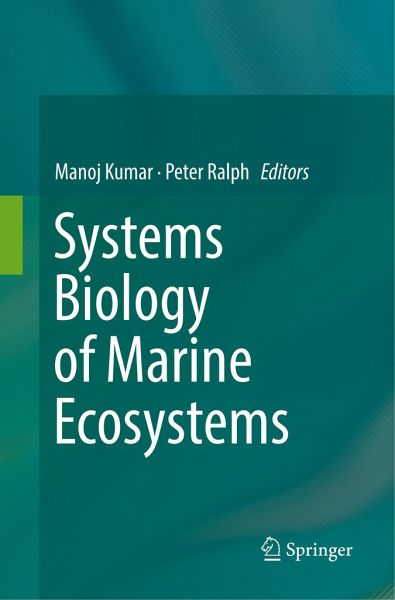
Systems Biology of Marine Ecosystems
Versandkostenfrei!
Versandfertig in 6-10 Tagen
136,99 €
inkl. MwSt.

PAYBACK Punkte
68 °P sammeln!
This book describes the latest advances in systems biology in four plant-based marine ecosystems: seaweeds, seagrasses, microalgae, and corals. Marine organisms that inhabit the oceanic environment experience a diverse range of environmental fluctuations, anthropogenic stress, and threats from invasive species and pathogens. System biology integrates physiology, genomics, transcriptomics, proteomics, and metabolomics into numerical models and is emerging as an important approach to elucidate the functional adaptations of marine organisms to adverse environmental conditions. This book focuses o...
This book describes the latest advances in systems biology in four plant-based marine ecosystems: seaweeds, seagrasses, microalgae, and corals. Marine organisms that inhabit the oceanic environment experience a diverse range of environmental fluctuations, anthropogenic stress, and threats from invasive species and pathogens. System biology integrates physiology, genomics, transcriptomics, proteomics, and metabolomics into numerical models and is emerging as an important approach to elucidate the functional adaptations of marine organisms to adverse environmental conditions. This book focuses on how ecophysiology, omics platforms, their integration (a systems biology perspective), and next generation sequencing tools are being used to address the stress response of marine seaweeds, seagrasses, corals, marine microbe diversity, and micro-and macroalgae/corals-bacterial interactions to global climate change and anthropogenic activities. The contents of the book are of special interest tograduate and postgraduate marine biology students and marine biology researchers, particularly those interested in marine ecology, stress physiology of marine macrophytes/corals/phytoplankton, and environmental microbiology. This book would also be of interest to marine engineers engaged in the management and conservation of our valuable marine resources.



